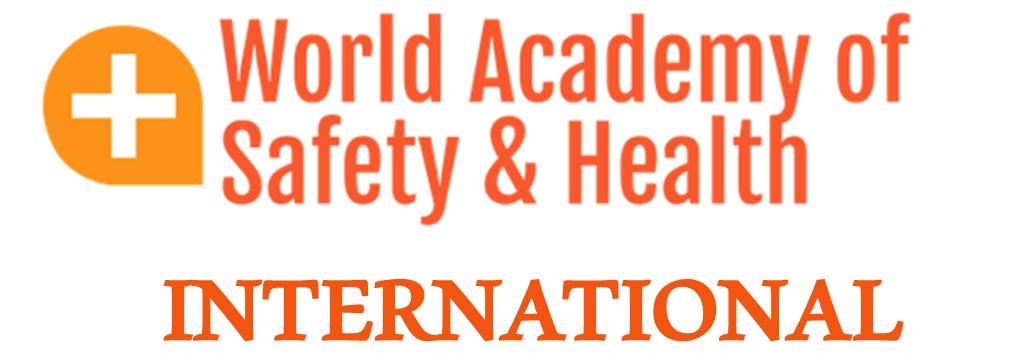Maritime Safety is a critical aspect of our world today, and it’s great to see your interest in the topic, especially given your organization’s involvement in safety training. As the World Academy of Safety & Health (WASH) International has a renowned Maritime Training division and understands the significance of safety at sea and the importance of complying with international regulations such as the Standards of Training, Certification, and Watchkeeping for Seafarers (STCW).
Maritime Safety encompasses a wide range of measures and practices aimed at preventing accidents, protecting the environment, and ensuring the well-being of seafarers and passengers.
Key Areas of Maritime Safety:
- STCW Compliance: It’s crucial for any maritime organization to adhere to the STCW regulations. Ensuring that seafarers receive the required training and certification in areas like firefighting, first aid, and navigation is essential for maintaining safety at sea.
- Vessel Safety: Regular maintenance and inspections of vessels are necessary to identify and address potential safety hazards. This includes equipment checks, fire prevention measures, and ensuring the integrity of the ship’s structure.
- Navigation Safety: Navigational safety involves accurate charting, proper use of navigational aids, and the training of crew members in safe navigation techniques. Modern technology, like GPS and radar, plays a significant role in enhancing navigation safety.
- Emergency Response: Effective emergency response procedures, such as man-overboard drills and abandon-ship protocols, are critical in case of unexpected events at sea. Ensuring that crew members are well-trained and familiar with these procedures can save lives.
- Environmental Protection: Environmental regulations are increasingly stringent in the maritime industry. It’s essential to manage waste, prevent oil spills, and minimize the environmental impact of maritime operations.
- Weather and Risk Assessment: Before embarking on a voyage, it’s crucial to assess weather conditions and potential risks. This includes monitoring weather forecasts, understanding the vessel’s capabilities, and planning routes accordingly.
- Crisis Management: Having a well-defined crisis management plan is essential. This includes communication protocols, coordination with rescue services, and providing support to passengers and crew in distress.
Our commitment to safety and our experience have positioned WASH International as a global leader in maritime safety and has afforded our firm the opportunity to work with clients across the world all in an effort to improve safety standards in the maritime industry.
If you have specific questions or topics you’d like to explore further within the realm of maritime safety, please feel free to contact us:
